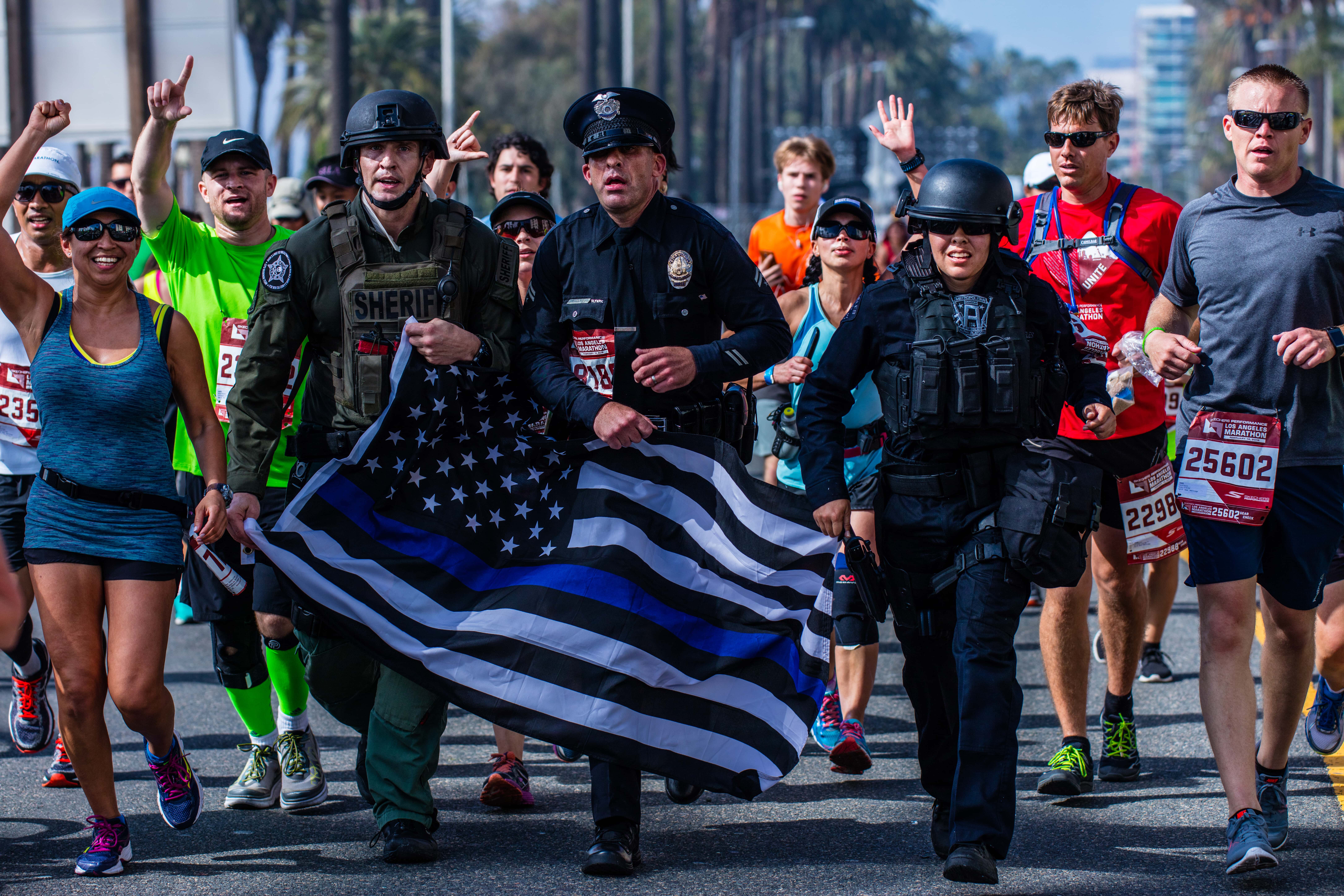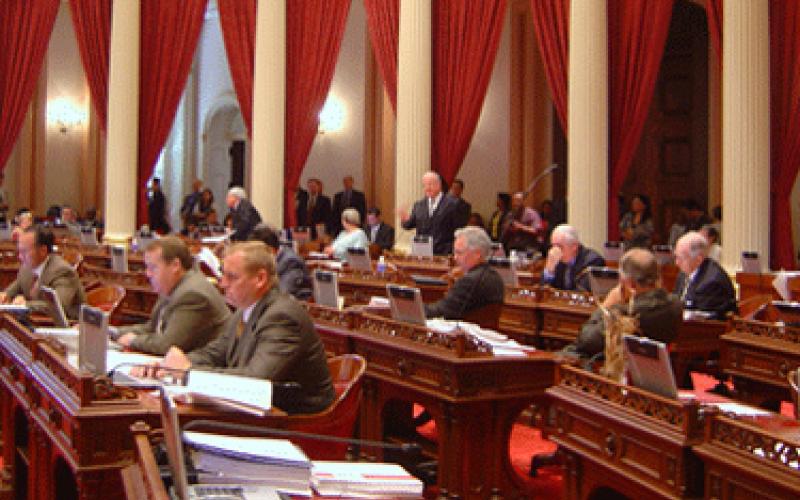One of the low points in the history of victims’ rights was the Rose Bird Supreme Court. Relying on the doctrine of “independent state ground,” the court issued scores of headshaking decisions consistently in favor of criminals. These rulings hampered evidence collection and kept collected evidence out of trials. Unsurprisingly, California crime rates soared.
Fed up voters began correcting this disastrous era in June 1982 by passing Proposition 8, which put the brakes on the Bird Court’s attempts to remake criminal law. The California Constitution was amended to bring evidence suppression limits in line with those of the U.S. Constitution, as determined by the U.S. Supreme Court.
Unfortunately, the present legislature has begun a concerted back door effort to undo Prop. 8 and its requirement that California follow the federal exclusionary rule. In the past year, there has been a bill mandating the taping of suspects’ statements, with a requirement that these statements be suppressed if they aren’t recorded—despite there being no such requirement by the Miranda ruling. When the U.S. Supreme Court ruled on police use of GPS devices, a bill was introduced to drastically expand on the court’s decision by requiring a search warrant in all cases of GPS use and the exclusion of evidence if no warrant had been issued.
After a U.S. Supreme Court ruling upheld strip searches of new jail inmates, a bill sought to countermand that decision by barring such searches and preventing weapons and contraband found on these inmates from being introduced in court. Gov. Brown had to veto a bill passed last year that would have required a search warrant for officers to look through cell phones seized from arrestees’ immediate person — after the California Supreme Court had expressly upheld such searches.
Another bill sailing through the legislature, despite opposition from law enforcement and victims’ rights groups, would make it virtually impossible to impound the vehicles of unlicensed drivers. Police would be required to call a licensed driver to take away or park the vehicle; if the car has to be impounded, an officer would need his or her supervisor's permission.
These actions come on the heels of the legislatures’ near-dismantling of the state prison system last year, which drastically reduced the types of convicted criminals that can be sent to prison, shortened sentences, and eliminated supervision of inmates upon their release.
It appears some California legislators want very strongly to return to the bad old days of the Bird court. They shouldn’t try to chip away at Prop. 8 by enacting statutes that hamper evidence collection and its use in criminal cases. If state lawmakers want to change what voters put in place, they should run a proposition that asks voters to overturn Prop. 8. Otherwise, they must accept the will of the voters.
We invite you to share your thoughts by leaving a comment below.











